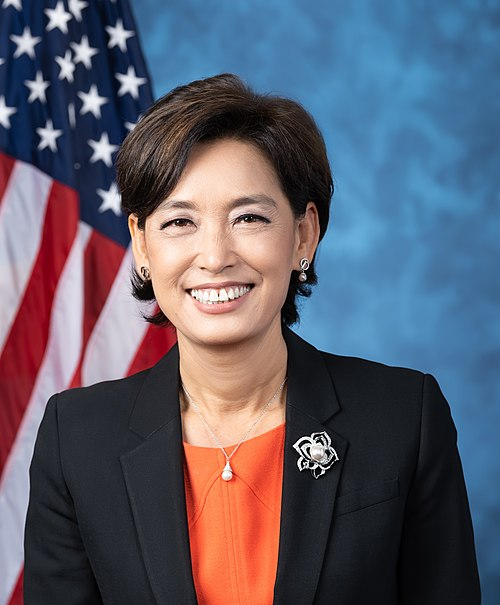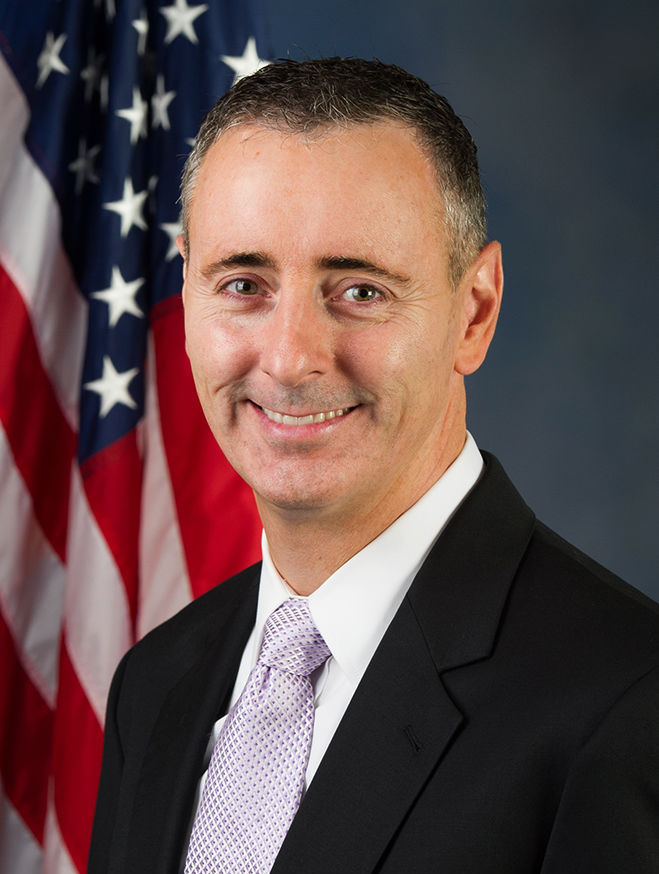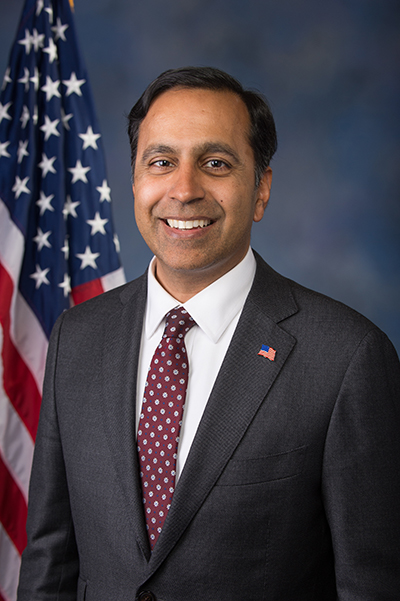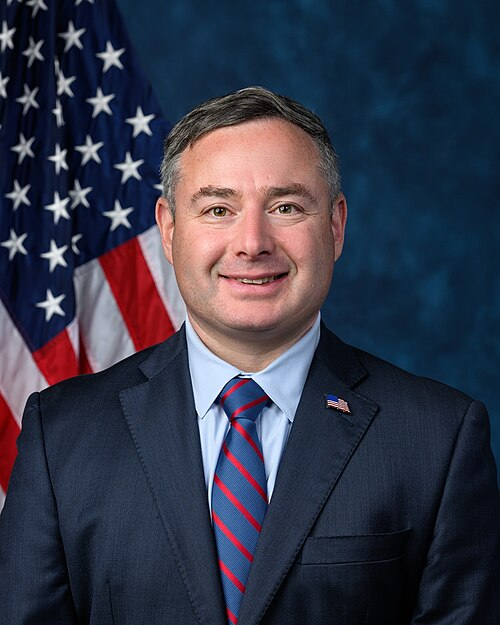H.R. 2370: Taiwan Travel and Tourism Coordination Act
This bill, known as the Taiwan Travel and Tourism Coordination Act, aims to enhance cooperation between the United States and Taiwan specifically regarding travel and tourism. Here are the key points of what the bill would do:
Engagement with Taiwan
The bill requires the Assistant Secretary of Commerce for Travel and Tourism to engage with Taiwan's authorities to promote and expand cooperation on travel and tourism. This engagement should begin within 90 days after the bill is enacted.
Goals of Cooperation
The cooperation efforts will focus on the following goals:
- Enhancing travel between the United States and Taiwan.
- Strengthening both the U.S. and Taiwan tourism industries through mutually beneficial actions, such as:
- Facilitating events and collaboration among various travel and tourism industry partners.
- Advising on the preservation and promotion of cultural sites and landmarks.
- Coordinating safety and security for international visitors.
- Conducting activities that benefit tourism in both locations.
Protection of Information
When implementing these cooperation efforts, the involved authorities must safeguard sensitive information and economic interests of the United States, including trade secrets and intellectual property.
Reporting Requirements
The bill mandates the submission of reports to Congress. Specifically:
- Within 270 days of enactment, the Assistant Secretary, Secretary of Commerce, and Secretary of State must present a report covering their cooperation activities and identifying any challenges to expanding tourism cooperation.
- There will also be annual reports for the following five years that continue to provide updates on these efforts.
Preclearance Facilities in Taiwan
Within 180 days of the bill's enactment, the Secretary of Homeland Security must assess the feasibility and advisability of setting up a preclearance facility in Taiwan. The report should analyze:
- The potential effects on trade and existing supply chains between the U.S. and Taiwan.
- Impacts on the U.S. tourism sector including revenues and related commerce.
- Consequences for business travelers coming to the U.S. from Taiwan.
- Cost savings and market opportunities related to expanding operations in the Indo-Pacific region.
- Government collaboration opportunities that might arise with the establishment of the facility.
- Staffing needs for U.S. Customs and Border Protection at ports of entry.
- The homeland security benefits and vulnerabilities associated with the preclearance operations in Taiwan.
Conclusion
The bill seeks to strengthen travel and tourism ties between the U.S. and Taiwan, with a focus on mutual benefits and enhanced safety for travelers. It also requires thorough assessments and reports to ensure effective implementation of these goals.
Relevant Companies
- HAE (Haemonetics Corporation) - Potentially impacted by increased travel between the U.S. and Taiwan as a supplier of medical devices, which may lead to more business opportunities in the region.
- AAL (American Airlines Group Inc.) - May benefit from increased air travel demand between the U.S. and Taiwan resulting from expanded tourism initiatives.
- UAL (United Airlines Holdings Inc.) - Could see a rise in passenger traffic between the U.S. and Taiwan, benefiting their operational capabilities.
This is an AI-generated summary of the bill text. There may be mistakes.
Sponsors
5 bill sponsors
Actions
3 actions
| Date | Action |
|---|---|
| Mar. 26, 2025 | Introduced in House |
| Mar. 26, 2025 | Referred to the Committee on Foreign Affairs, and in addition to the Committees on Energy and Commerce, Homeland Security, and Ways and Means, for a period to be subsequently determined by the Speaker, in each case for consideration of such provisions as fall within the jurisdiction of the committee concerned. |
| Mar. 26, 2025 | Referred to the Subcommittee on Transportation and Maritime Security. |
Corporate Lobbying
0 companies lobbying
None found.
* Note that there can be significant delays in lobbying disclosures, and our data may be incomplete.









